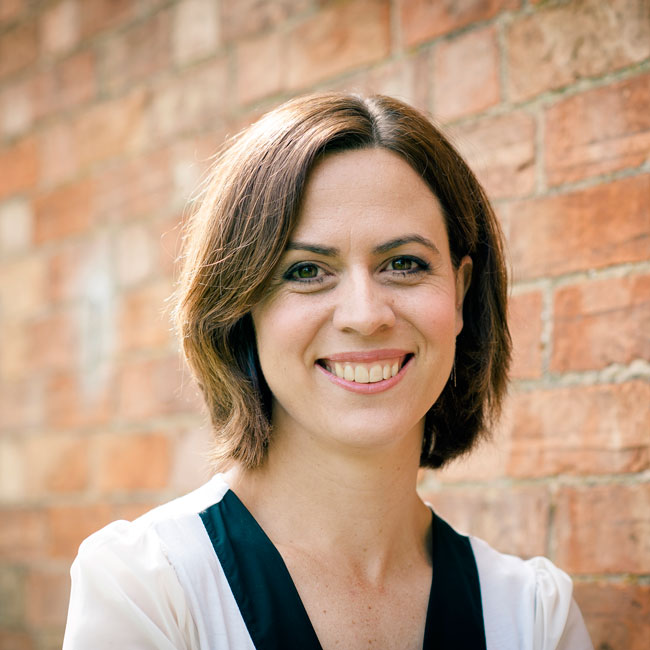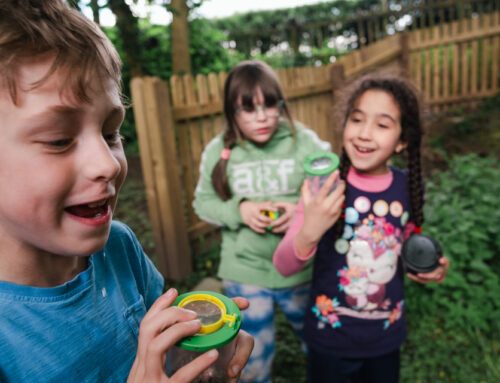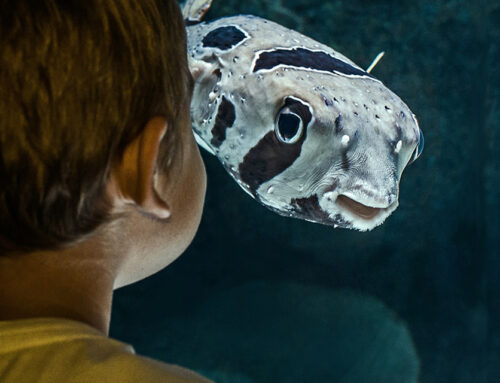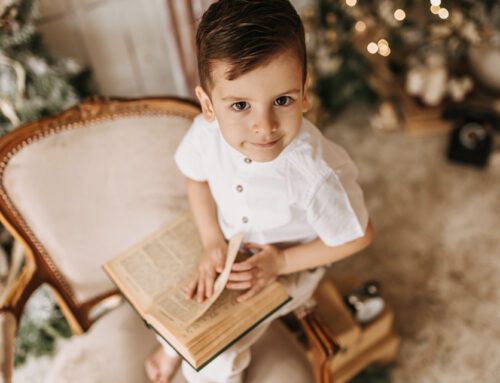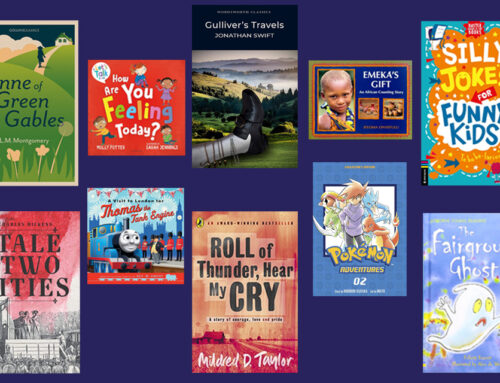One Occupational Therapist’s Journey into Discovering How Her Profession is the Vital Link for Helping Children With Dual Or Multiple Exceptionality by Mariza Ferreira, Specialist Paediatric Occupational Therapist
Not all children who are considered to have High Learning Potential (HLP) will reach their full potential and go on to do what they love and are good at. As a parent of a HLP child you may already know (and perhaps fear?) this. Six years ago, I did not. And I am a specialist paediatric Occupational Therapist who helps children reach their potential on a daily basis… However, in 2015 and by chance, I started on a remarkable professional journey into discovering what HLP is, and how Occupational Therapists are some of the best suited professionals to help HLP children who also have special educational needs that are holding them back. Of course, this is my personal opinion, but I stand by it. Professionally, it has become my mission to help these children and their parents, and also educate other paediatric Occupational Therapists on the vital role we have to play and how to change our therapy provision to be effective.
But before I go further, let me introduce myself and explain a little more about what I do. My name is Mariza Ferreira. I am originally from South Africa where I qualified as an Occupational Therapist in 2000, but England has been my home for the last 20 years.
Not many people understand what an Occupational Therapist is or does. The best way to describe it is to start by saying it is like being a doctor. You qualify with lots of ‘baseline skills’, but then move on to specialising in a particular field such as orthopaedics or spinal injuries. I have specialised in working with children. The main goal of a paediatric Occupational Therapist is to help children overcome the barriers they face in doing the tasks they need to do or want to do and thereby become as independent and efficient as possible in carrying out those tasks. These ‘tasks’ can vary widely from everyday activities such as writing legibly, being able to concentrate in class or dressing themselves independently, to those of particular interest such as having the basic skills to play football with their friends. The ‘barriers’ can be a combination of sensory- and physical difficulties, as well as social and emotional difficulties. Examples include not being able to cope with noise, light and touch, hyperactivity, an intense need for movement, poor fine and gross motor coordination; difficulty relating socially to other children their age, and extreme emotional reactions if things do not go the way that they perceive it should. As a therapist I am trained to consider all these barriers, and I then work with the children and their families to address these difficulties head on. Over the years I have also trained parents, teachers, and other professionals including some of my fellow Occupational Therapists.
You may have noticed that I use the term High Learning Potential instead of ‘gifted’. Well, I am following the lead of Potential Plus UK who started using this term in 2009. In addition to this, instead of referring to HLP children with special educational needs and/or physical disabilities as ‘neurodiverse’, we prefer saying they have Dual or Multiple Exceptionality or DME (in some countries they use ‘Twice Exceptional’ or 2E). These terms may be controversial, but the aim is to try and better identify and help these children and not to get stuck in endless arguments as to how best describe them, which is why I like the terms and have adopted them in my therapy practice.
So back to my own journey into helping HLP children. In 2015 I moved to Milton Keynes, which as you may be aware is also the base of Potential Plus UK. They asked me to provide training at their Big Family Weekend in 2016 to parents on the topic of how to help children if they have sensory processing disorder (SPD). This is when a child does not respond as you would expect to ‘sensory input’ coming from the environment or from within the body, which then interferes with their ability to engage with their environment and / or peers in order to learn, thrive and be happy. For example, a child may have such an adverse reaction to normal noise in the environment, that he will refuse to get on a train in order to visit the Science museum even though Science may be his most favourite subject.
At the time of agreeing to provide the training for Potential Plus UK, I had been treating children from various backgrounds and intellectual abilities with SPD for years, so I was comfortable providing my standard course on the topic and I received excellent feedback afterwards. However, parents of HLP children then started employing me to work with their children on a 1:1 basis, and this is when I realised HLP children had very unique profiles and needs which were not always met by my standard occupational therapy treatment approaches. For instance, a typical therapy technique would be to repeat concepts learnt in previous sessions. The first time I tried this with a HLP six year old, he started breaking the equipment in my therapy room and questioned why we were repeating stuff he already understood.
I had to learn quickly. I started educating myself on the topic of HLP and DME (which seems to be an ongoing endeavour!). I learnt that an estimated ⅓ of HLP children have SPD. From my own observations I concluded that the most common forms of SPD they experienced were overreacting to everyday sensory input from the environment such as noise or bright light (auditory and visual sensory over responsiveness), or displaying an increased and intense need for physical movement as opposed to their peers (vestibular sensory seeking behaviour). They also often had poor gross and fine motor coordination skills, making it difficult for them to participate in sport or PE activities in school, or write legibly and fast enough to keep up with their thoughts and ideas (motor dyspraxia). But interestingly, the main barriers most of them wanted to work on, was those posed by their SPD.
I started designing a programme for my own practice which evolved to contain the following core elements:
FOUNDATION: The correct therapist approach or relationship with the child, taking into account the specific profiles and personality traits often associated with HLP children, such as perfectionism. I identified 10 foundations / factors that are necessary for successful therapy.
FRAMEWORK: The core concepts necessary to treat HLP / DME children with sensory processing and self-regulation difficulties, which are:
- D – diary: work with the child and parents to start keeping a diary of their feelings and sensory based behaviours
- M – manage transitions: work with the child and parents in how to cope with moving from one environment to the next, or one situation to the next
- E – change the Environment and hElp the senses: work with the child and parents to change the physical environment where possible, and also identify and use strategies to ‘help’ the sensory systems that are struggling and/or negative thought processes
- C – communicate: work with the child and parents to find a ‘language’ to talk about the difficulties and how to deal with it.
I also incorporated some concepts from two well-known occupational therapy approaches into my one-to-one sessions with children. I started getting better results from therapy. Children became aware of how their bodies worked on a sensory level, as well as how some of their thought processes affected their behaviours and wellbeing. With each child we worked out which ‘sensory strategies’ and ‘thinking strategies’ suited them best, and as far as possible I made parents part of the process as I firmly believe that lasting success and change is only possible when everyone who works and supports a child are on the ‘same page’.
My referrals increased but were often from people based too far away in the UK for me to practically help. I felt the need to share what I have learnt with my fellow Occupational Therapists, in order to have therapists nationwide that we could refer parents to. As a result I was able to secure grants from a few organisations to train more than 20 therapists from all over England and Wales in 2019 and early in 2020, totally free of charge.
The course is presented over a two day period in collaboration with PPUK, and in it I share my unique therapy approach specifically for treating HLP/DME children with SPD. I’ve called it the DME-C approach, and in it I train therapists to extensively consider the approach’s foundation of building the optimal therapeutic relationship with the child, and the framework of the four pillars of diary, managing transitions, changing the environment and helping the senses, and lastly communication. However, I fully appreciate that therapists all have their own individual style and preference towards using different therapy programs and techniques, so they are able to continue doing this without providing therapy in the exact same way as I would in my personal practice.
There have been other exciting developments, such as receiving the ‘Above and Beyond Inspirational Therapist Award 2019’ for my work with HLP and DME children, as well as participating in two international conferences for practitioners from all over Europe – which were held in Norway and the UK. In my frustration of not being able to help more parents due to geographical constraints, I have embarked on the journey of taking some of my courses online. This in itself was quite the endeavour, with the challenges and delays of upskilling myself in videography, a worldwide pandemic hitting, and a new addition to our family all happening at roughly the same time. But alas, I got there. At the moment I have a 45 minute online course for parents to help their DME children cope with noise (auditory over sensitivity) which is receiving very positive feedback. All being well, I will be launching a full course for parents to help them support their DME children cope with all their sensory issues so that they can get on with life, at the end of March 2021. I am also working on making some free short educational courses available.
My motto is to ‘CHANGE THE WORLD ONE CHILD AT A TIME’ and I am taking as many of you on my quest as possible. If you would like to follow the activities of this determined Occupational Therapist, you can stay in touch with me in the following ways:
- Visit my website: theotcompany.com
- Complete the 45 minute online course: ‘How to help your High Learning Potential child cope with noise’, https://the-ot-company-online-courses.teachable.com/p/how-to-help-your-high-learning-potential-child-cope-with-noise
- Sign up to my newsletter to get updates for the launch of my full paid course ‘How to help your gifted child with sensory issues cope in real life’ by clicking on any of these links: Mariza’s newsletter for Parents, Teachers and Professionals interested in OT matters (direct link) OR Mariza’s newsletter for Parents, Teachers and Professionals interested in OT matters (Facebook)
- Follow me on Facebook: https://www.facebook.com/theOTcompany/
- Follow me on Twitter: @MarizaOTC.
It’s been lovely sharing my story with you. Thank you!


